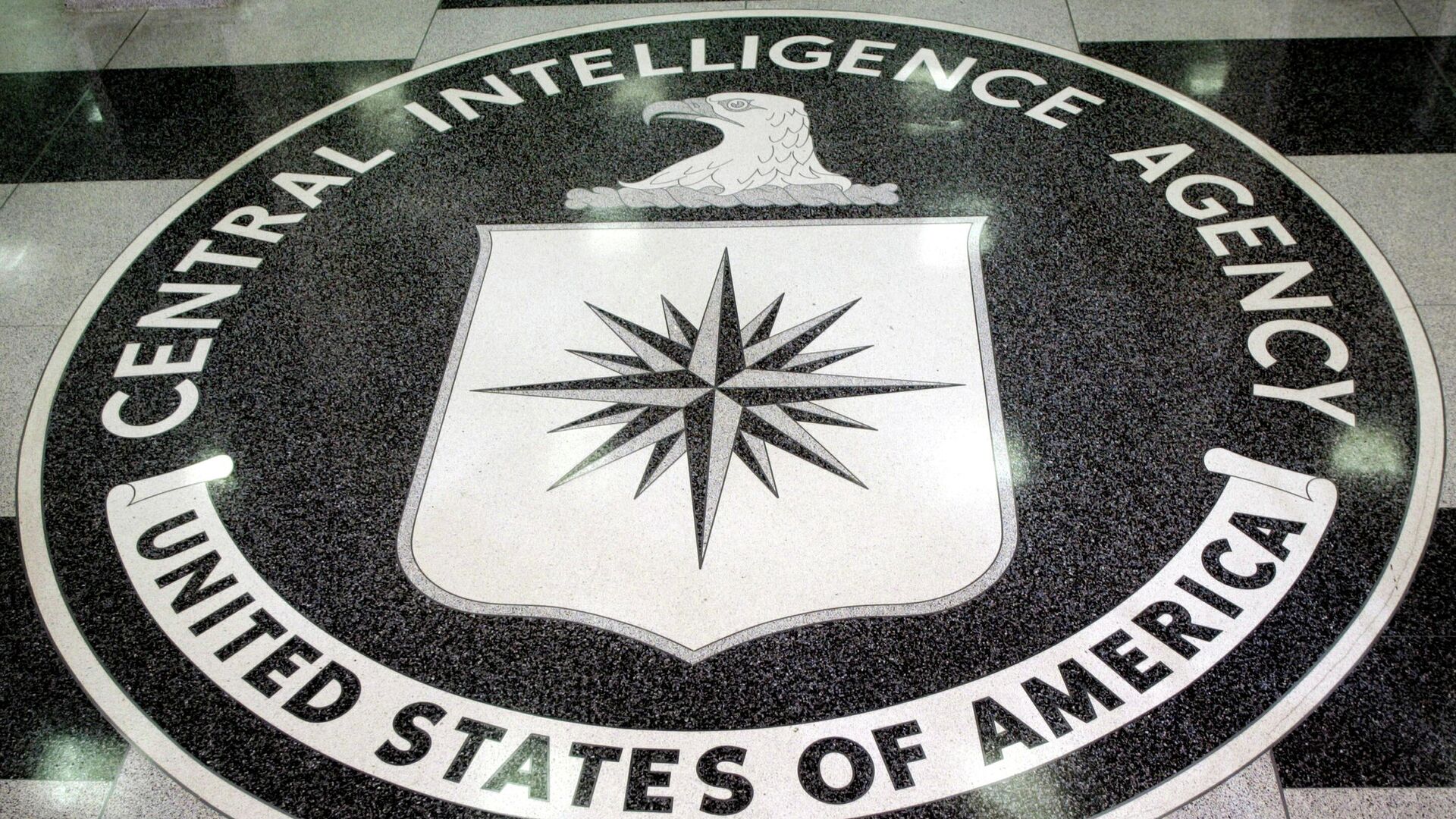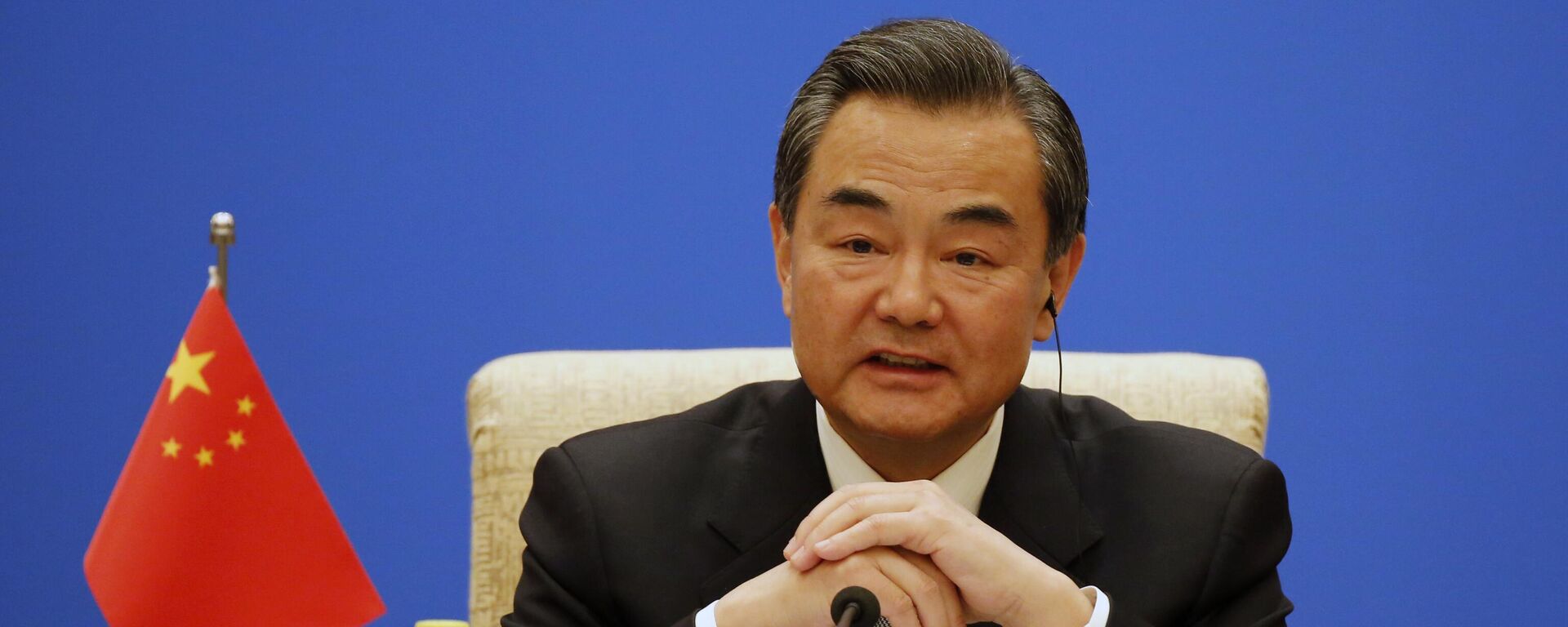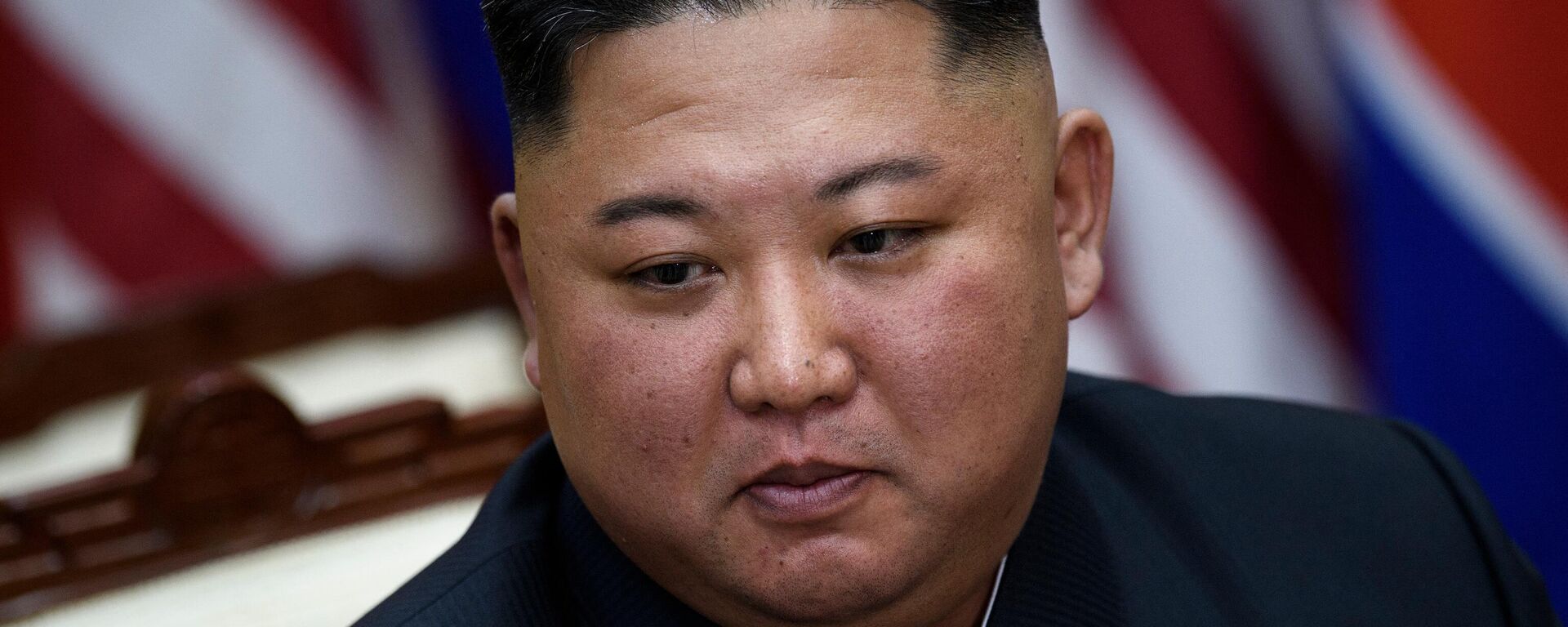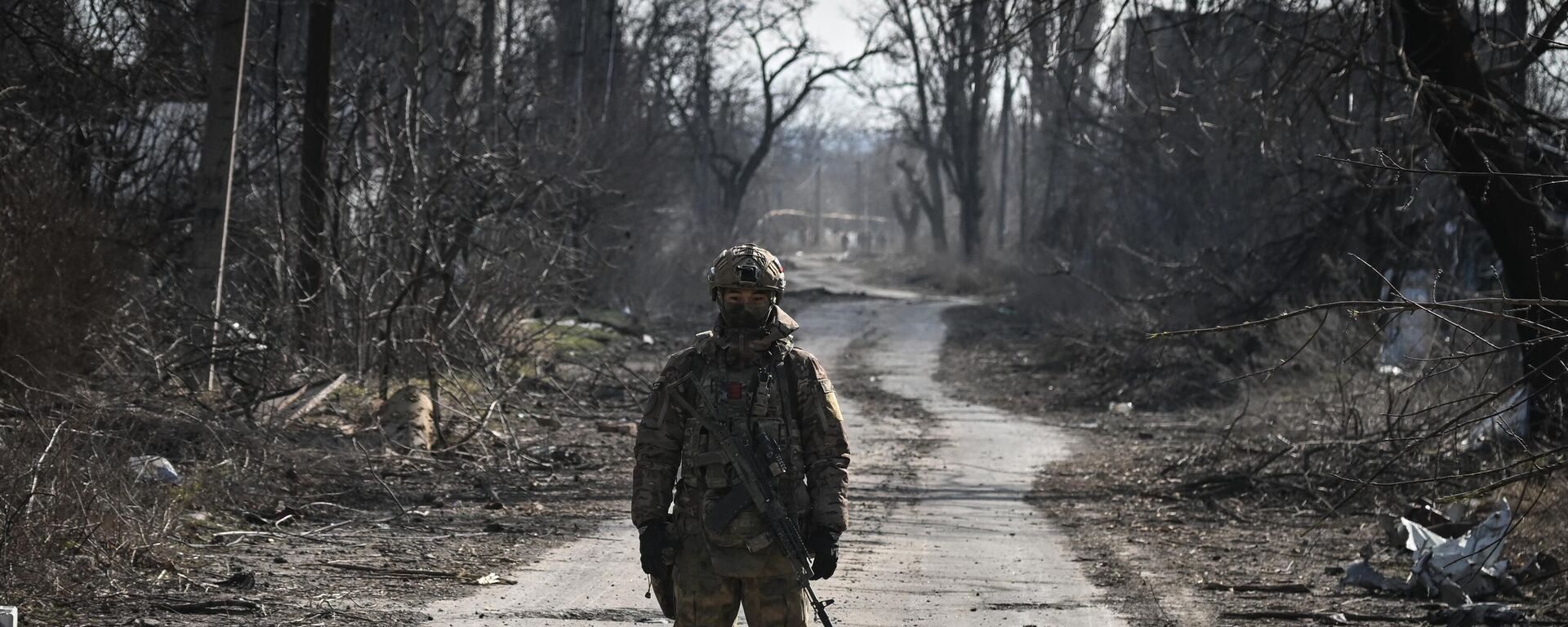US Intel Debunks Biden, Admits Russia ‘Doesn’t Want Direct Military Conflict’ With NATO
13:26 GMT 12.03.2024 (Updated: 13:50 GMT 12.03.2024)

© Jason Reed
Subscribe
US and NATO officials have spent months claiming that Russia has plans to attack bloc countries and calling on the West to prepare for a costly, decades-long confrontation with Moscow. President Putin squashed these allegations in December, calling them “complete nonsense.”
Russia “almost certainly” doesn’t want to go to war with the US or NATO. That’s the view of the Office of the Director of National Intelligence in its Annual Threat Assessment of the US Intelligence Community report.
“Russia almost certainly does not want a direct military conflict with US and NATO forces and will continue asymmetric activity below what it calculates to be the threshold of military conflict globally. President Vladimir Putin probably believes that Russia has blunted Ukrainian efforts to retake significant territory, that his approach to winning the war is paying off, and that Western and US support to Ukraine is finite, particularly in light of the Israel-HAMAS war,” the assessment, presented to US officials in early February but released publicly only on Monday, indicated.
The ODNI listed off all its usual claims about the tools the US expects Russia to use to advance its global interests, ranging “from using energy to try to coerce cooperation and weaken Western unity on Ukraine” (it’s worth recalling here that it was the US, not Russia, which blew up the Nord Stream pipeline network) “to military and security intimidation, malign influence, cyber operations, espionage, and subterfuge,” tools Washington itself has used repeatedly throughout its unipolar moment since 1991.
The report admitted that despite “enormous damage at home and abroad” resulting from the proxy war with NATO in Ukraine, Russia “remains a resilient and capable adversary across a wide range of domains and seeks to project and defend its interests globally and to undermine the United States and the West.”
Kissinger’s Nightmare
The report highlighted deep US concerns about the prospects of enhanced Russian-Chinese cooperation – an eventuality which gurus of US foreign policy like Henry Kissinger and Zbigniew Brzezinski spent their careers warning about and seeking to avoid by dividing the Eurasian mega powers.
“Moscow’s deep economic engagement with Beijing provides Russia with a major market for its energy and commodities, greater protection from future sanctions, and a stronger partner in opposing the United States. China is by far Russia’s most important trading partner with bilateral trade reaching more than $220 billion in 2023, already surpassing their total 2022 volume by 15 percent,” the document indicated.
On the economic front, the ODNI expects Russia’s GDP to record “modest growth” this year (the IMF expects a 2.6 percent bump in Russia’s GDP – up from 1.5 percent projected last fall), and says the country’s economic ties with non-Western countries will continue to strengthen.
“Moscow has successfully diverted most of its seaborne oil exports and probably is selling significant volumes above the G7-led crude oil and refined product price caps, which came into effect in December 2022 and February 2023, respectively – in part because Russia is increasing its use of non-Western options to facilitate diversion of most of its seaborne oil exports and because global oil prices increased last year,” the report said.
On top of that, US intelligence expects Moscow to maintain “significant energy leverage,” even in Europe, where it remained the second-largest supplier of liquefied natural gas through the first half of 2023 despite Brussels’ self-defeating restrictions.
Assuring that the NATO proxy war in Ukraine has “incurred major, lasting costs for Russia,” the ODNI nonetheless admitted that the defensive strategy Moscow took in the face of Kiev’s summer counteroffensive “plays to Russia’s strategic military advantages and is increasingly shifting the momentum in Moscow’s favor.” Russia’s defense sector is engaged in “significantly ramping up production of a panoply of long-range strike weapons, artillery munitions, and other capabilities that will allow it to sustain a long high-intensity war if necessary. Meanwhile, Moscow has made continual incremental battlefield gains since late 2023, and is benefitting from uncertainties about the future of Western military assistance,” the report said.
Russia, China, Iran and North Korea are listed as the four major state actors “engaging in competitive behavior that directly threatens US national security,” with China specifically listed as a power which “vies to surpass the United States in comprehensive national power and secure deference to its preferences from its neighbors and from countries around the world, while Russia directly threatens the United States in an attempt to assert leverage regionally and globally.”
Iran is listed as a threat to “US interests, allies, and influence in the Middle East” and a nation which “intends to entrench its emergent status as a regional power while minimizing threats…and the risk of direct military conflict.” As for the DPRK, the ODNI expects North Korean leader Kim Jong Un to “continue to pursue nuclear and conventional military capabilities that threaten the United States and its allies,” with strengthening economic, diplomatic and defense ties with China and Russia expected to help Pyongyang achieve “international acceptance” of the DPRK’s status as a nuclear power.
US Intel Debunks Own Leaders and Media
The ODNI report’s section on Russia, and specifically the passage admitting Moscow’s lack of desire to wage a shooting war against US and NATO runs contrary to months of claims by officials ranging from President Biden to NATO chief Jens Stoltenberg to a host of US and European media that if Russia is “allowed to win in Ukraine,” its next target will be bloc countries.
“We can’t let Putin win,” Biden warned in December 2023, while urging Congress to approve his $61 billion in proposed new aid for Ukraine. “If Putin takes Ukraine, he won’t stop there….He’s going to keep going. He’s made that pretty clear. If Putin attacks a NATO ally – well, we’ve committed as a NATO member that we’d defend every inch of NATO territory. Then we’ll have something that we don’t seek and that we don’t have today: American troops fighting Russian troops,” Biden claimed.
“It’s complete nonsense – and I think that President Biden understands that,” Putin retorted. “Russia has no reason, no interest – no geopolitical interest, neither economic, political nor military - to fight with NATO countries,” he said.
But even after the ODNI assessment was published for internal use in February, US and NATO officials continued with the “aggressive Russia” narrative.
Last month, NATO chief Jens Stoltenberg urged the West to “prepare ourselves for a confrontation that could last decades,” and claimed that “if Putin wins in Ukraine, there is no guarantee that Russian aggression will not spread to other countries.”
In his interview with Tucker Carlson last month, Putin said it was “absolutely out of the question” for Russia to attack NATO members unless they began aggression first. “We have no interest in Poland, Latvia or anywhere else. Why would we do that? We simply don’t have any interest,” Putin said.
The ODNI report finally admits what Russia has been saying all along. The question is: why now?





